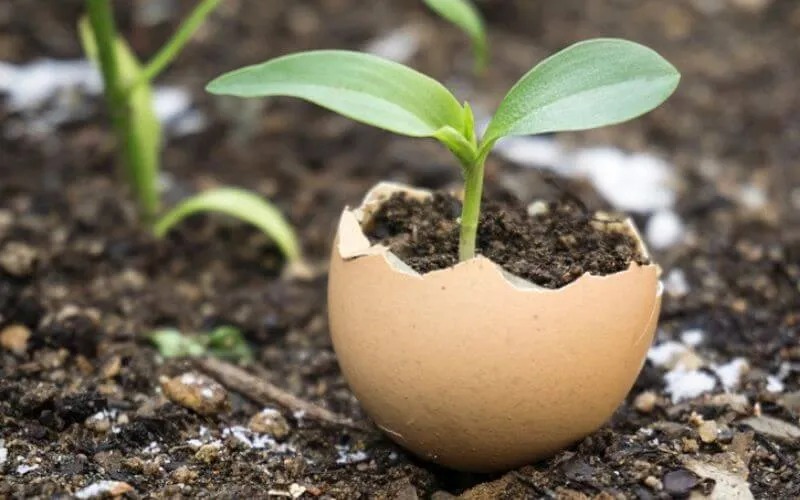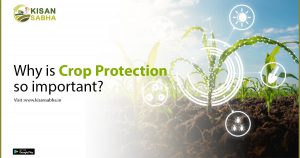Sustainability and resourcefulness are becoming more and more important in the world of gardening. From repurposing household items to employing natural solutions, there’s a wealth of strategies available to foster a thriving garden. One such resource that often goes overlooked is eggshells. If you’re eager to stay abreast of gardening trends or seeking sustainable garden ideas, your food waste might hold the key. Before discarding those eggshells, consider their potential to enhance your garden’s vitality.
From utilizing coffee grounds to harvesting rainwater, leveraging natural resources is not only eco-friendly but also economical. There are numerous benefits of incorporating eggshells into your gardening routine. Rich in calcium, eggshells fortify plants against diseases and pests, rebalance acidic soil, and facilitate nutrient absorption. Here are three innovative ways to integrate eggshells into your gardening routine:
Fertilizer: Nourishing Your Garden’s Foundation
Ensuring your soil is replete with essential nutrients is paramount for sustaining lush plant growth. Eggshells, brimming with calcium carbonate, fortify cell walls and foster healthy plant development. Whether crushed and incorporated directly into the soil or added to compost piles, eggshells serve as a natural fertilizer. For optimal efficacy, crush eggshells into a fine powder to facilitate even dispersion throughout the soil, promoting efficient nutrient absorption.
Pest Control: Safeguarding Your Garden’s Bounty
After addressing larger garden pests, safeguarding your plants from tiny intruders becomes imperative. Crushed eggshells, with their jagged edges, serve as a formidable deterrent against slugs and snails. Sprinkling crushed shells around vulnerable plants creates a barrier that pests find inhospitable. By strategically placing larger shell fragments around plant stems, you can impede pest infiltration while minimizing the need for frequent replacement.
Seed Starters: An Eco-based Choice
An economical and eco-friendly alternative to traditional seedling pots, eggshells provide a nurturing environment for seed germination. By piercing a drainage hole in the shell’s base, filling it with potting mix, and planting seeds, you can kickstart the growth process. As seedlings mature, their roots penetrate the eggshell, accessing essential calcium nutrients. Once seedlings outgrow their shell confines, transplant them into garden beds, enriching the soil with added nutrients.
How to Make Eggshells Fertilizer?
Creating eggshell fertilizer is a straightforward process that can enhance plant growth effectively. Start by rinsing eggshells to remove any residue, then dry them using various methods like air-drying, freezing, or baking. Once dry, crush the eggshells into small pieces either manually or using tools like a rolling pin, or coffee grinder for a finer texture. Next, incorporate 1-2 tablespoons of the crumbled or powdered eggshells into compost or planting holes, ensuring not to create a thick layer around the roots. Finally, plant as usual, or for existing plants, sprinkle eggshell-laced compost on top of the soil or gently mix it into the soil around the base of the plant to enrich the soil and promote healthy growth.
While most plants benefit from eggshell supplementation, certain species may be adversely affected. Plants such as potatoes, camellias, blueberries, and azaleas prefer acidic soil and may suffer from increased alkalinity induced by eggshells. Monitoring soil pH and fertility levels is crucial for mitigating potential imbalances. Additionally, proper eggshell preparation is vital; for pest control, leaving shells broken up is recommended, whereas pulverizing them into a fine powder enhances nutrient dispersion for fertilization purposes.
By harnessing the inherent properties of eggshells, gardeners can nurture thriving ecosystems while minimizing environmental impact. With a bit of ingenuity and resourcefulness, your garden can flourish like never before, transforming mere scraps into catalysts for growth and vitality. So, before discarding those eggshells, consider the potential they hold for nurturing plant richness in your garden.
Visit us – https://shorturl.at/hrCFZ





